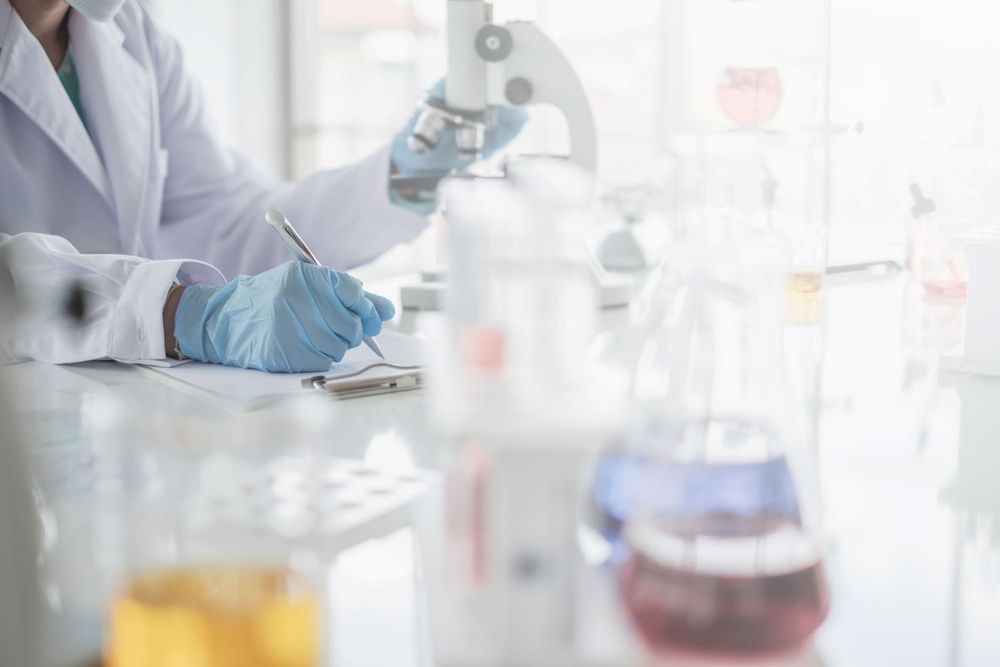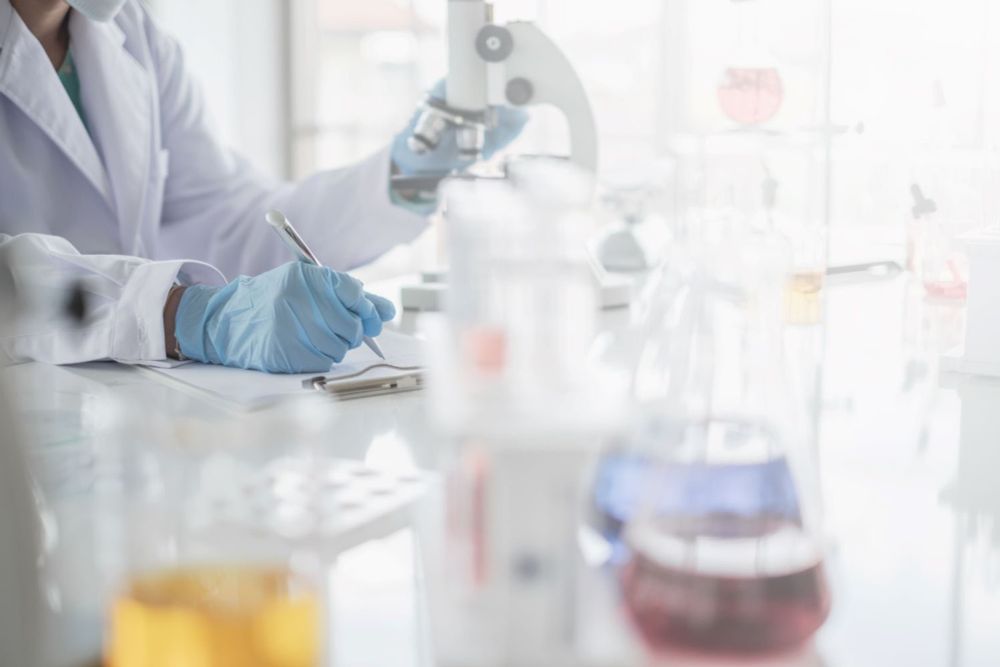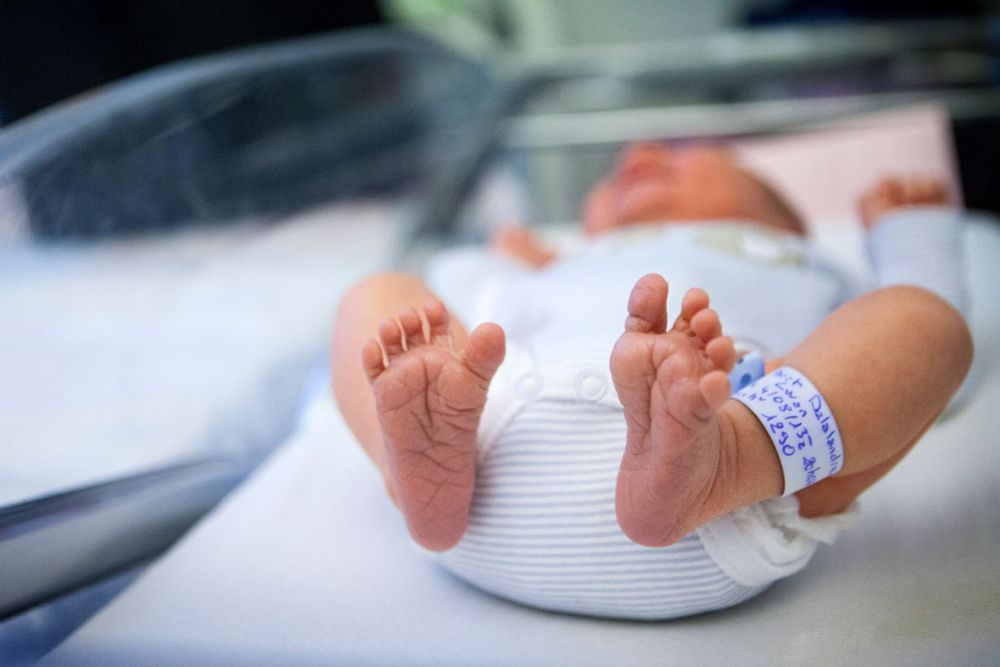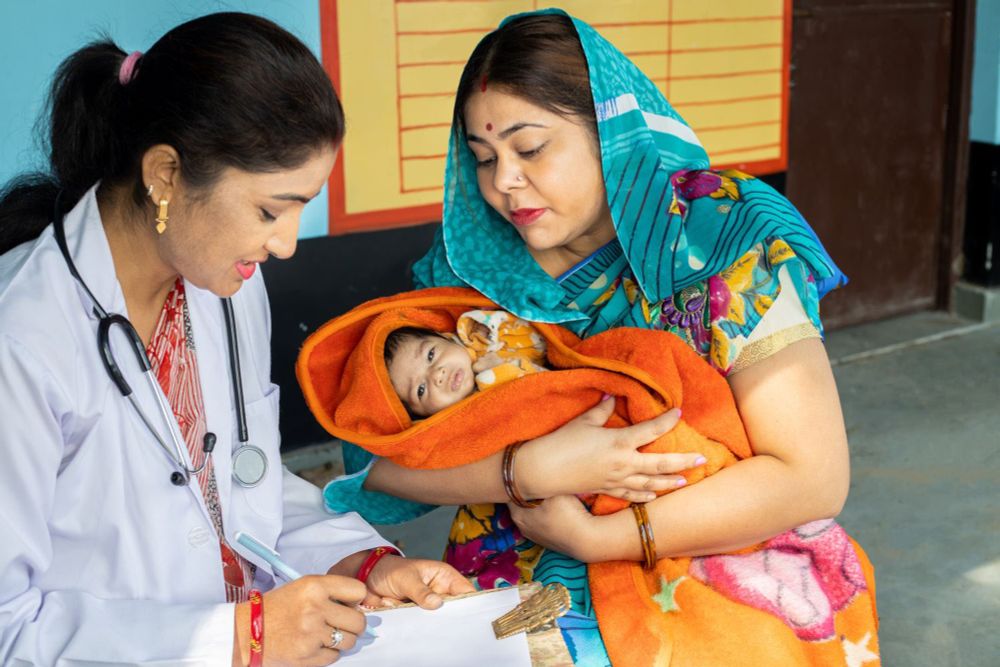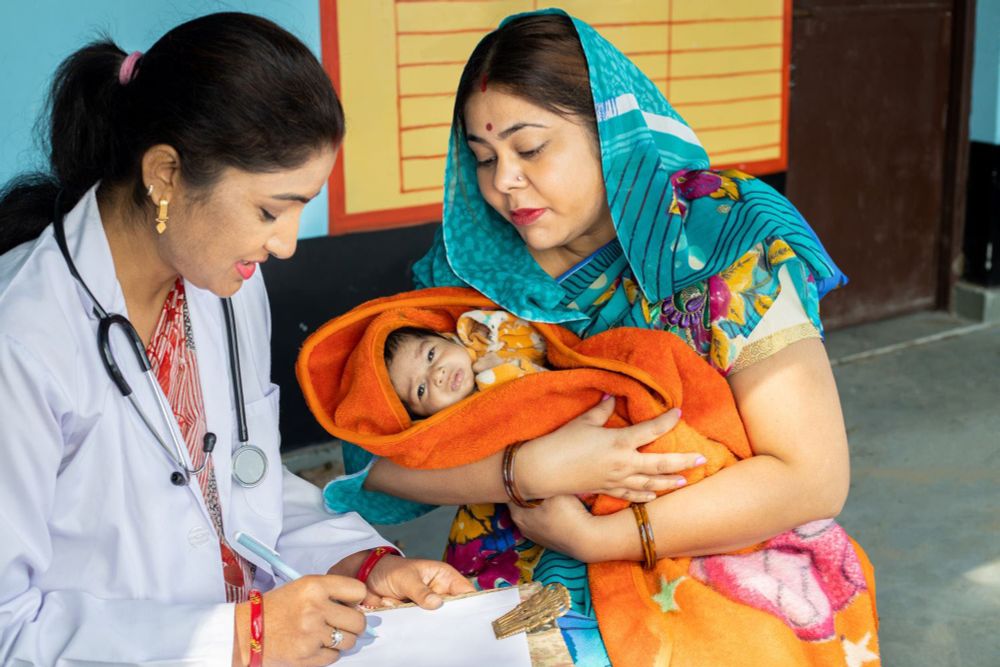Done right, we believe this AMC can help bring a game-changing diagnostic to market that tackles neonatal sepsis and antibiotic resistance at once.
If you’re interested in shaping this work—whether as a funder, policymaker, developer, or implementer—we’d love to hear from you.
27.06.2025 20:58 — 👍 0 🔁 0 💬 1 📌 0
The working group’s efforts will also create valuable public goods.
Clear TPPs and evidence requirements, market assessments, and health economic modeling can aid broader diagnostics efforts.
It can also inform how to de-risk other valuable global health innovations.
27.06.2025 20:58 — 👍 0 🔁 0 💬 1 📌 0
🤝 Mobilizing funding
An AMC is only as strong as the coalition behind it.
We’re generating evidence on cost-effectiveness and AMR impact to show countries, donors, and implementers why this is a high-value, neglected opportunity worth investing in.
27.06.2025 20:58 — 👍 0 🔁 0 💬 1 📌 0
🌍 Country engagement
The AMC would provide a demand signal, but clear regulatory pathways and procurement plans from LMICs are needed to make such signals credible.
As such, we’re mapping what’s needed to get diagnostics widely implemented across different health systems.
27.06.2025 20:58 — 👍 0 🔁 0 💬 1 📌 0
🔧AMC design means answering questions such as:
- What kind of test should we target?
- How will we validate its quality and use?
- What should we pay, and how should payments be structured?
These questions are deeply technical and interdependent, and thus require interdisciplinary expertise.
27.06.2025 20:58 — 👍 0 🔁 0 💬 1 📌 0
We’re convening global health leaders, industrial organization economists, diagnostics experts, and policymakers—chaired by Lord Jim O’Neill—to tackle three tasks:
🔧 AMC design
🌍 Country engagement
🤝 Mobilizing funding
27.06.2025 20:58 — 👍 0 🔁 0 💬 1 📌 0
In our earlier posts, we outlined the scale of the problem and why market failures have stalled innovation.
In this one, we turn to how we’re planning to fix it: by launching a working group to design an effective AMC that can deliver results.
27.06.2025 20:58 — 👍 0 🔁 0 💬 1 📌 0
An Advance Market Commitment (AMC) for neonatal sepsis diagnostics could save newborn lives and curb antibiotic resistance.
But how should such an AMC actually work? And how will we get it off the ground? 🧵
27.06.2025 20:58 — 👍 1 🔁 1 💬 1 📌 0
We're developing the “NeoTest” AMC under a @cgdev.org -led working group. We're defining TPPs, modeling cost-effectiveness and market potential, and laying the foundations for future procurement.
26.06.2025 21:01 — 👍 1 🔁 0 💬 1 📌 0
Our AMC proposal specifically targets the market failures we’ve outlined:
✅ Rewards early movers
✅ Pricing commitment dissolves the hold-up problem
✅ Increased payments partially compensate for the social value of reduced AMR
26.06.2025 21:01 — 👍 0 🔁 0 💬 1 📌 0
An AMC brings several advantages:
🔬 Tech-agnostic—welcoming biomarkers, metagenomics, machine learning, and more
📋 Tied to real-world needs via a target product profile (TPP)
🌍 Linked to affordability to ensure access where it’s needed most
26.06.2025 21:01 — 👍 0 🔁 0 💬 1 📌 0
To overcome these challenges, we propose an advance market commitment (AMC): a pull mechanism in which funders commit upfront to pay for products that meet real-world criteria.
For neonatal sepsis, this could mean top-up payments per qualifying test or guaranteed purchase volumes at a fixed price.
26.06.2025 21:01 — 👍 0 🔁 0 💬 1 📌 0
3️⃣ AMR spillovers:
Only ~18% of neonates treated for sepsis in LMICs have a confirmed infection. The rest still receive antibiotics, fueling resistance.
Better diagnostics could change that. But health systems underinvest because AMR reductions help others, not just the payer.
26.06.2025 21:01 — 👍 0 🔁 0 💬 1 📌 0
2️⃣ Pricing constraints:
Neonatal sepsis predominantly affects low-resource countries. Here, limited health budgets and concentrated purchasing power often drive prices down to marginal cost, making it hard to recoup R&D investment.
This is a classic case of a hold-up problem.
26.06.2025 21:01 — 👍 1 🔁 0 💬 1 📌 0
1️⃣ First-mover disadvantage:
Pioneering a new sepsis diagnostic involves high R&D costs, navigating uncertain regulation, and building demand from scratch.
But weak IP protections and industry-wide spillovers allow later entrants to compete away profits, undermining the incentive to invest.
26.06.2025 21:01 — 👍 0 🔁 0 💬 1 📌 0
Despite clear need and promising scientific leads, no rapid, point-of-care neonatal sepsis test has reached the market. Why?
Three overlapping market failures disincentivize investment. 👇
26.06.2025 21:01 — 👍 0 🔁 0 💬 1 📌 0
A rapid diagnostic for neonatal sepsis could save newborn lives and reduce antibiotic resistance - but no such test exists yet. What’s blocking progress? 🧵
26.06.2025 21:01 — 👍 1 🔁 0 💬 1 📌 0
Neonatal sepsis diagnostics are a promising solution to prevent newborn deaths and reduce the incidence of antimicrobial resistance.
Our working group with @CGDev is building the incentives to bring them to market.
25.06.2025 18:59 — 👍 0 🔁 0 💬 1 📌 0
Nonetheless, diagnostics remain underfunded. Just 8% of AMR R&D funding goes to diagnostics.
And yet, promising solutions are advancing—biomarkers, molecular tests, metagenomics, and AI-based tools are already in development.
25.06.2025 18:59 — 👍 0 🔁 0 💬 1 📌 0
Sensitive, specific rapid diagnostics would save lives by catching infections early and reducing antibiotic overuse.
They’re a recognized global priority: the WHO has outlined needs for neonatal sepsis diagnostics, and frontline providers in LMICs have emphasized their importance.
25.06.2025 18:59 — 👍 0 🔁 0 💬 1 📌 0
Already, over 30% of neonatal sepsis deaths are attributable to first-line antibiotic-resistant infections.
Antimicrobial resistance (AMR) more broadly is linked to nearly five million deaths globally each year. The need for better tools to guide antibiotic use is urgent.
25.06.2025 18:59 — 👍 0 🔁 0 💬 1 📌 0
As a result, clinicians must act based on ambiguous symptoms.
This leads to preventable deaths from missed diagnoses and unnecessary antibiotic use that drives antimicrobial resistance (AMR).
25.06.2025 18:59 — 👍 0 🔁 0 💬 1 📌 0
Neonatal sepsis kills 400-700k newborns every year.
It’s treatable with antibiotics—if diagnosed in time. But current tests take 48–72 hours, too long to guide life-saving initial treatment decisions.
25.06.2025 18:59 — 👍 0 🔁 0 💬 1 📌 0
In collaboration with @CGDev, we’re establishing a working group to design an Advance Market Commitment (AMC) for a rapid diagnostic for neonatal sepsis—a devastating and neglected cause of child mortality.
Here’s why this is our focus. 🧵👇
25.06.2025 18:59 — 👍 0 🔁 1 💬 1 📌 0
Colombian in Mexico. Mountaineer, cyclist, climber. Associate Professor of Economics at ITAM. https://mauricio-romero.com/
Economist @Development Innovation Lab, UChicago. Opinions mine, etc.
| Virginia Tech fan
| Website: jwdeutschmann.com
Econ prof @dartmouth, founder devdatalab.org
r2: a morass of disjointed streams of consciousness
🤷♂️
professor @dartmouth + science policy @ifp //
leveraging research to promote science and progress
Executive Director, Blue Horizons Foundation. Formerly @Stripe Climate/Frontier, @WhiteHouse Climate, @Hewlett_Found, Spitzer Trust. PhD @ESPM_Berkeley. Views my own.
Small steps towards a much better world.
Automated feed of https://marginalrevolution.com/, find more feeds at @blogsky.venki.dev
RMI transforms global energy systems through market-driven solutions to secure a prosperous, resilient, clean energy future for all.
1Day Sooner leads campaigns in science, policy, and bioethics to stop the world’s most harmful infectious diseases. We advocate for volunteers who participate in high-impact medical studies, including human challenge studies. www.1daysooner.org
husband, dad, focused on elevating American entrepreneurs and innovators to achieve energy abundance by deploying at scale. It's simple, not easy. https://www.linkedin.com/in/jigarshahdc/
Climate economist. Opinions are my own.
Physician at Stanford University & Fellow at the Johns Hopkins Center for Health Security
carbon removal, climate policy, carbon quantification, standards @ Carbon Removal Standards Initiative
Climate science and technology policy since 1989. Building Climate Systems Engineering at UChicago. Founded Carbon Engineering. Work interferes with my climbing.
Read about me and my work at https://davidkeith.earth/
The Becker Friedman Institute at the University of Chicago supports inquiry on significant economic and policy questions. Repost/Follow ≠ endorsement.
X: https://x.com/BeckerFriedman
LinkedIn: https://www.linkedin.com/company/becker-friedman-institute
